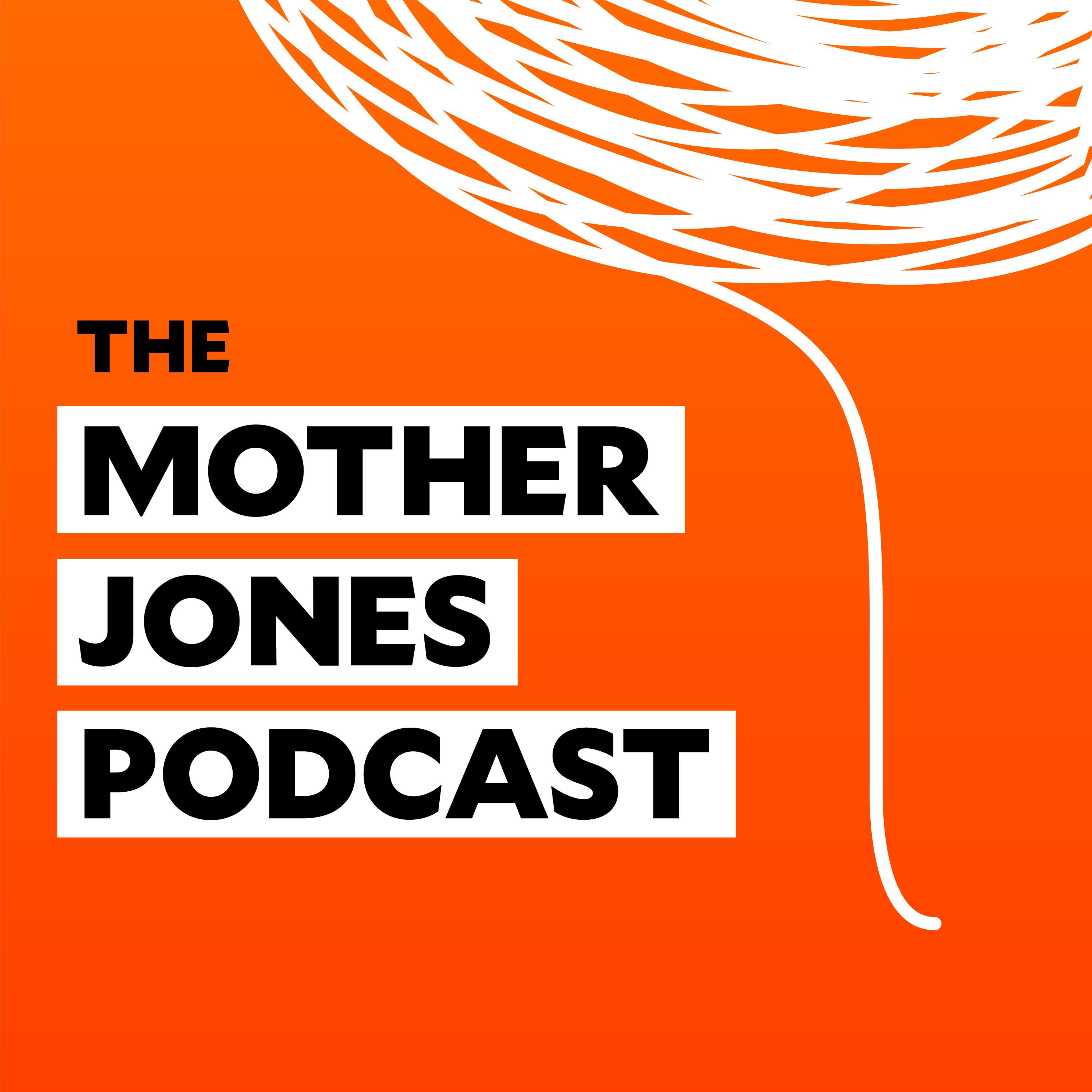The Mother Jones Podcast
Mother JonesEach episode will go deep on a big story you’ll definitely want to hear more about. We’ll share with you our best investigations (think private prisons, electoral skullduggery, Dark Money, and Trump's Russia connections), and informative interviews with our reporters and newsmakers. We're hoping to make your week more informed with the stories that really matter, told by us, the folks you trust for smart, fearless reporting.
Each episode will go deep on a big story you’ll definitely want to hear more about. We’ll share with you our best investigations (think private prisons, electoral skullduggery, Dark Money, and Trump's Russia connections), and informative interviews with our reporters and newsmakers. We're hoping to make your week more informed with the stories that really matter, told by us, the folks you trust for smart, fearless reporting.
Online Learning During the Pandemic Is Extra Tough Where Wifi Is Illegal
Schools across the country have closed to slow the spread of COVID-19, and classes have moved online. For most students, disruptions to regular learning have been challenging enough. But for those without high-speed internet, even filing homework has become next-to impossible, resulting in plunging grades and widespread uncertainty. In today’s episode, the Mother Jones Podcast team takes you to a place where wifi is illegal: Green Bank, West Virginia. This small town is home to a super-sensitive radio telescope built in 1958 that scientists use to explore black holes and deep space. But closer to Earth, wifi interferes with the giant instrument, so it’s banned within a 10-square-mile radius. Meanwhile, hard-wired internet is mind-numbingly slow. Fifteen percent of students here don’t have internet access at home, while 30 percent don’t have access to a device that even connects to the internet, no matter where they are. Producer Molly Schwartz talks to students, teachers, and librarians in Pocahontas County about what it’s like to do distance learning in a place where the internet infrastructure just can't deal, revealing the nation's entrenched digital divides as the pandemic shakes the education system to its core.
